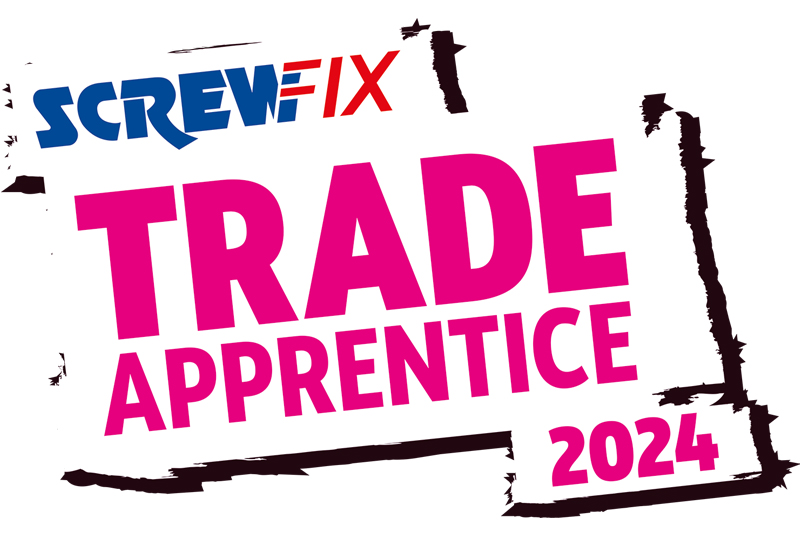The skills gap, the skills shortage, the skills void – whatever you want to call it, it certainly affects the supply chain. With demand constantly outweighing supply on our small island nation there has been a necessity to build for decades.
The skills shortage at the hands-on, labour-intensive end of the supply chain has been a well-known and debated problem for years – but how do the distributors and wholesalers help combat shortages at their own end?
Apprenticeships in construction have been around longer than the supply of housing has been lagging behind the somewhat overwhelming demand. It’s not something new to the industry, but definitely something that took a hit with the wave of young people who chose University over a vocational qualification.
The reason I am rambling on in what is hopefully a sensical fashion, is because the Electrical Distributors’ Association has released data that shows a jump of 32% in apprentices already in training – or about to start – in EDA member and affiliate businesses up and down the UK, compared with the same time in 2017 (450 vs 341).
Quite a considerable jump when factoring in that the Universities and Colleges Admission Service (UCAS) revealed that, towards the end of last year, In England, a record 27.9 % of the 18 year old population have been accepted through UCAS. The appeal from both young people looking to find an apprentice and employers to seek out apprentices is still very strong.
I, for one, view this as a great starting point for young workers. Apprenticeship schemes also offer a great business opportunity for the employer too. With the apprenticeship levy brought in April 2017, businesses with fewer than 50 employees won’t pay anything if they employ apprentices under the age of 19, and will receive a £1,000 payment with an additional £1,000 payment to the training provider.
A win-win for the SME. Understandably, there will be those larger multi-branch wholesale companies that will feel the keen sting of Government intervention given that those with a payroll over £3million must contribute to the levy that benefits the smaller businesses.
As much as competition is fierce and new obstacles are constantly placed at the feet of those in the industry, a scheme that works for the collective good of the supply chain – e.g. providing more skilled and knowledge staff at the distribution end – can only be a good thing, right?
The EDA apprenticeships go beyond just entry level training with degree and post-graduate degree apprenticeships options that now go up to Level 7 – a master’s degree.
So why not go that extra mile and consider recruiting the best talent in the industry for your business? Once again, far be it for me to tell you how to run your business, the stats certainly show an encouraging uptake in skilled individuals and long may it continue in the battle against the skills shortage.
Have a good month and enjoy the issue!

Michael Connolly





